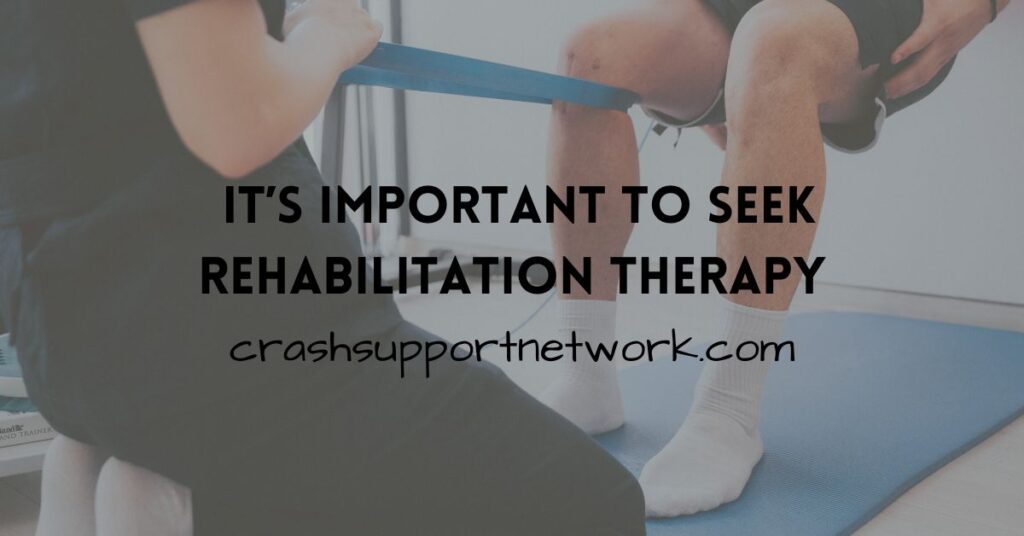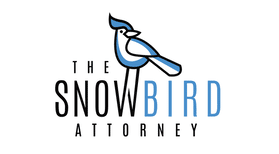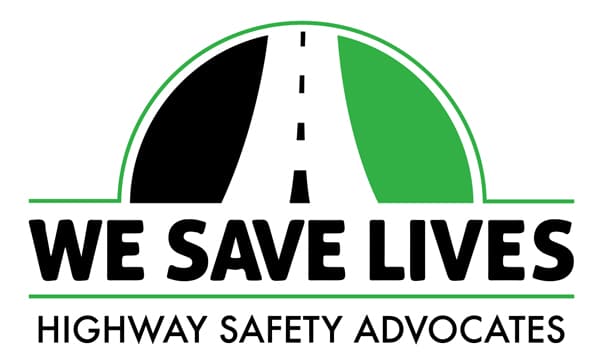
It’s important to seek rehabilitation therapy after a crash because being involved in a motor vehicle collision can be a devastating and sometimes life altering event. There are many concerns and questions that a motor vehicle collision survivor will typically have when confronted by their unique post-collision circumstances – including financial, occupational, health, and legal related issues. While it is important to consider all aspects, I will take the following time to discuss why it is of utmost importance to seek comprehensive rehabilitative therapy following any motor vehicle collision.
Pay Attention When A Physician Recommends Rehab
If you need to seek rehabilitation therapy after your crash, whether your injuries sustained are considered to be minor, moderate, or severe in nature, it is crucial that a trained health professional examine and assess your condition to ensure all of the systems of the body are operating as would be expected. Due to the forceful impact that occurs in a collision, it is common practice to screen individuals at the emergency room to rule out any injuries that would be considered major or severe. Once the hospital emergency has ruled out these concerning issues, there can sometimes be a disconnect on the next steps to take. Patients will commonly report they were given advice by the emergency room attending physician to seek “rehab”, however it remains rare to be given more specific advice about the type, duration, and frequency of rehabilitative care that will be capable of producing the greatest possible results.
Best evidence currently supports a multidisciplinary approach to rehabilitation following a motor vehicle collision, and also supports early initiation of rehabilitative care. It is important to select a clinic that will be capable of addressing all aspects of care to ensure a complete and timely recovery. A comprehensive clinic will incorporate practitioners capable of manual therapy, active physical rehabilitation exercise, concussion management, access within clinic to medical doctors and specialist referrals, a bracing specialist, and psychological and emotional counselling. A comprehensive multidisciplinary structure such as this creates an effective environment of care where practitioners work together in consistent communication as a team whose focus is your recovery. Chiropractic, Physiotherapy, and Massage Therapy are all integral components of an effective manual therapy plan of care. The most common injuries experienced in motor vehicle collisions involve soft tissues (muscles/tendons) and treatment and recovery from these injuries should include manual therapy to assist with pain, tension, and movement restriction secondary to the injuries.
Your Plan of Recovery Should Include Active Exercise Therapy
Chiropractors who work in a multidisciplinary setting familiar with managing cases of motor vehicle collisions will most often employ an evidence informed style of practice capable of diagnosing and treating any musculoskeletal or nervous system injuries. It is common that evidence informed Chiropractors will manage a patient’s case by screening for these injuries and referring to the appropriate adjunct practitioners to develop the optimal team and plan of recovery, on the basis of the needs of each individual case. In addition to many manual therapy techniques, evidence informed Chiropractors also employ a wide array of exercise-based interventions and when applied to a circumstance of recovery, serve to expedite recovery times, and strengthen and stabilize the injured areas of the body. It is of utmost importance that any plan of recovery following a motor vehicle collision include a component of active exercise therapy to ensure complete function is restored to the greatest possible degree.
Many types of manual or “hands-on” therapies, as well as modalities (Ultrasound, Electrotherapy, Laser, Heat/Ice, etc.) will be effective at modifying symptoms and reducing the overall discomfort that a given patient may be in. While this remains an important factor in the goals of care, in the absence of a significant active and strength-focused rehabilitative exercise/mobility component, maximal recovery becomes less likely. Contrary to popular belief, being consistently sedentary in order to ‘rest for recovery’ will typically only serve to delay the total timeline to complete recovery, and can sometimes contribute to symptoms becoming chronic. Patients who return to a more mobile and active lifestyle at the earliest possible point in their recovery, will typically experience a more rapid decrease in pain, a more rapid improvement in range of motion and mobility, and return to work and/or the activities of daily living at an earlier stage when compared to a similar patient who chooses a more passive recovery path.
Being Prepared Will Speed the Paperwork Process
Finally, an exceptionally common patient report is frustration with the navigation and completion of the mountains of paperwork, gathering necessary information and contacting important figures, and generally understanding the mechanics of how the claim process works following a motor vehicle collision. When you seek rehabilitation therapy after a crash, the early stages can be an extremely stressful and difficult time, and even tasks that may once have seemed simple have become a challenge. A recommended multidisciplinary clinic will be helpful in assisting patients through the often-confusing path and will help guide you in your understanding of the structure of the program and the possibilities and/or limitations – therefore leading to less stress about your scenario.
Being prepared will help to speed the process of completing the initial paperwork leading to quicker submission of the required forms, and therefore a quicker approval of your claim. It is important to have all of the details of your insurance coverage, the details of any extended health or group health benefit programs, and any reports of previous examinations and/or diagnostic imaging. Having all of this information organized ahead of the initial visit to your rehabilitation facility will assist in the facility’s ability to serve you in an efficient manner and expedite your recovery.
For more information please visit: Sports Medicine and Rehabilitation
Submitted by Dr. Lucas Laframboise, DC, CGFI, Chiropractor
Sports Medicine and Rehabilitation is a member of Crash Support Network and we thank them for their support.
This article is also featured in our 2019 Fall Issue of Sharing our Recovery
The Crash Support Network is a unique website consisting of an online support group, a Crash Survivor Blog written by a survivor, our Sharing Our Recovery Newsletter, informative articles and a Virtual Crash Memorial. Our website is based on relationship-building and puts the needs of survivors first by creating a helpful resource for victims and survivors of motor vehicle crashes.





